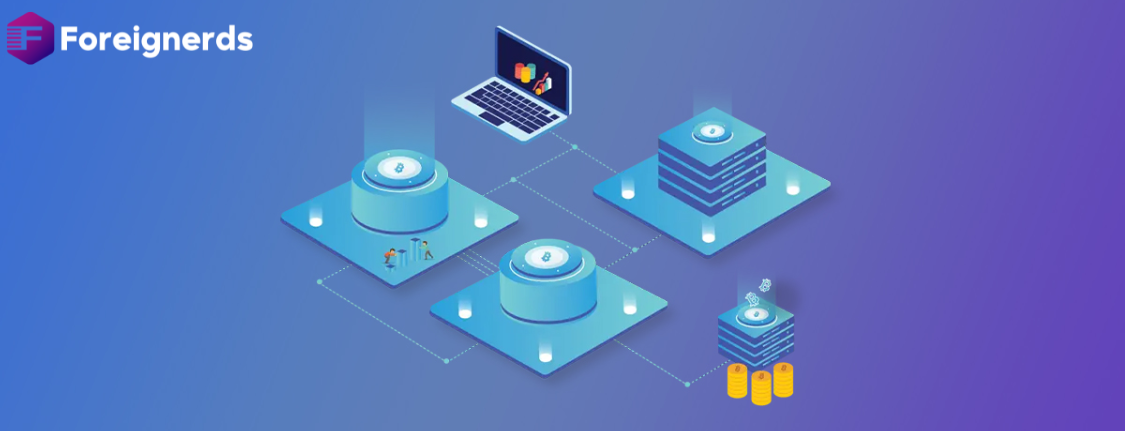- Home
- Design and Development
- PHP vs Java – The Best...

The never-ending debate among developers regarding the best programming language for web development continues to rage on. Each developer holds their unique perspective and arguments, with some staunchly defending one language and others pointing out its flaws. In this comprehensive exploration, we won’t definitively declare a winner in the ongoing battle of the best programming language for web development. Instead, we’ll provide you with all the resources and insights you need to make an informed decision that suits both your preferences and project requirements.
The Unending Debate
The debate about the best programming language for web development seems to have no end in sight. Every developer holds their unique point of view, and with it, a barrage of arguments. While some staunchly defend one language, others meticulously dissect it, highlighting its shortcomings.
Providing Resources for Informed Choices
In this extensive exploration, we will not definitively declare a winner in the ongoing battle of the best programming language for web development. Instead, our aim is to arm you with a comprehensive set of resources and insights, empowering you to make an informed decision that aligns with your preferences and project demands.
Previous Comparisons: Java vs Kotlin and PHP vs Ruby
Before delving into the ultimate battle between Java and PHP, it’s essential to note that we’ve previously compared Java with Kotlin and PHP with Ruby. These comparisons serve as valuable reference points in understanding the nuanced differences between these programming languages.
Understanding Java
Java, a general-purpose, class-based, and cross-platform programming language, was introduced in 1995 by Sun Microsystems. Despite being in existence for over two decades, Java remains one of the most popular programming languages.
The “Write Once, Run Anywhere” Logic
Java’s distinctive feature is its “Write Once, Run Anywhere” logic, enabling developers to write code once and have it function seamlessly on various platforms, including computers and smartphones. This adaptability is attributed to Java’s status as a high-level language, involving intricate processes. Java compilers convert code into bytecode, subsequently interpreted by the Java Virtual Machine (JVM) to run on the target device.
Java’s Prominence in Industry
Java boasts widespread adoption, with tech giants like Google, eBay, Amazon, Uber, Netflix, and Instagram relying on its capabilities.
Demystifying PHP
PHP, originally standing for Hypertext Preprocessor (formerly Personal Home Page), is an open-source, server-side, general-purpose scripting language initially introduced in 1994 by Rasmus Lerdorf. Over time, PHP has evolved significantly from its original form.
PHP’s Role in Content Management Systems
PHP played a pivotal role in the development of prominent content management systems, including WordPress, Joomla, and Drupal, all of which heavily leverage PHP’s capabilities.
PHP’s Interpretation and Compatibility
PHP operates as an interpreted language, with interpretation occurring only once. This means PHP functions exclusively on services equipped with PHP installations. Fortunately, many systems readily support this scripting language. Notable entities like Facebook, Slack, Wikipedia, Tumblr, and Etsy utilize PHP in their web applications.
The Flourishing Web Development Landscape
The world of web development is flourishing, marked by the continuous creation of websites and web applications. In just five years, the number of websites surged from 968.9 million in 2014 to 1.72 billion in 2019. The onset of the pandemic accelerated the migration of businesses to online platforms, further fueling the demand for web applications. These applications now automate tasks that were once performed manually in traditional office settings.
The Need to Choose Wisely
Both Java and PHP play significant roles in web development. Given that developers cannot feasibly master every programming language, it becomes imperative to examine all relevant aspects to make an informed choice. While Java and PHP share some similarities, such as being open-source and having object-oriented structures, they cater to distinct purposes.
Commonalities and Differences
Now, let’s delve deeper into the specifics of the Java vs. PHP comparison, shedding light on the factors that fuel debates among developers worldwide.
In this section, we will conduct a detailed analysis of Java and PHP, comparing them in various critical aspects that matter to developers and businesses. Let’s explore how these languages stack up against each other.
When it comes to the speed of coding, Java utilizes different threads to manage and process instructions efficiently. However, PHP gains an upper hand in the speed of coding comparison, thanks to significant improvements in its latest versions, which accelerate the coding process while reducing memory consumption. Consequently, developing the same software in PHP takes less time than in Java.
Verdict: PHP
In the performance arena, Java emerges as the winner. Java’s precompiled nature outpaces PHP, which requires time to compile bytecode for each request. Both languages have undergone optimization efforts, but Java appears to invest more in performance enhancements. The latest PHP versions optimize coding while simultaneously reducing memory consumption. Nevertheless, both languages empower developers to create fast and high-performing software.
Verdict: Java
Java enjoys a reputation for greater stability when compared to PHP. Java’s longer code execution time contributes to enhanced stability. Well-written, longer code translates into a more stable application with fewer instances of crashes. This aspect has led banks and fintech brands to favor Java without further considerations.
Verdict: Java
Both Java and PHP have amassed extensive documentation over their long histories. Official Java documentation can be found on Oracle’s platform, offering in-depth descriptions of language specifications. In contrast, PHP’s documentation
© 2013 - 2024 Foreignerds. All Rights Reserved